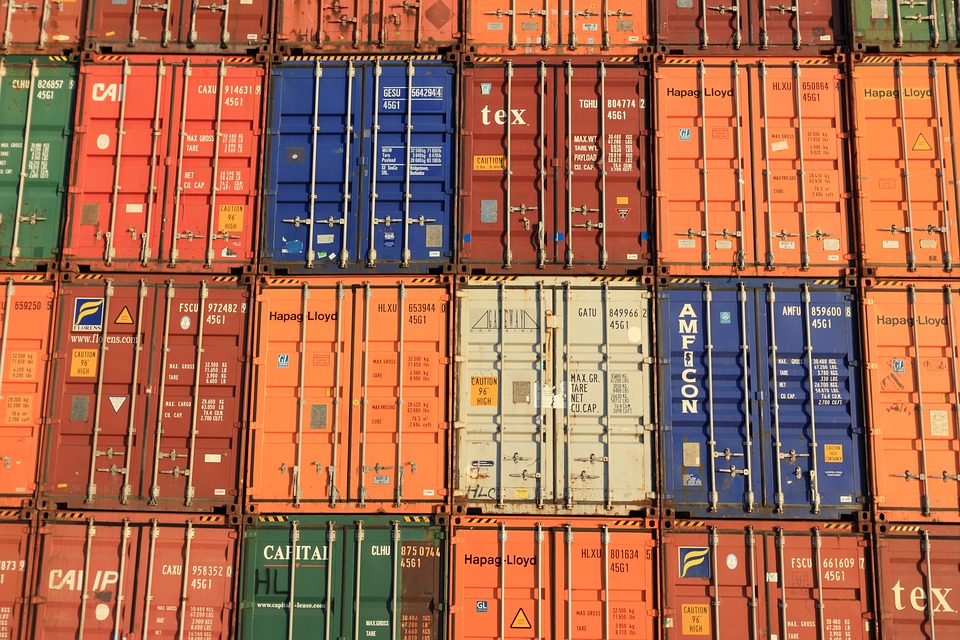Are you waiting for a laptop? When’s the last time you were at COSTCO? Did you notice a lack of cheeses available? Believe it or not, these two things are related and part of the same issue that has come up over the past year.
In ports across the world, shipping containers are stuck waiting to be loaded up or have goods dropped off but are facing continuous bottlenecks. In addition, many ports have instated quarantine rules for ships coming from countries that have had a hard time containing the disease, such as the United States. Mix that with the fact that many ports were seeing a very thin labor force at times.
This has severely impacted supply chains across the globe, from pork being exported from the US to components and computers being imported from Asia. In England, the BBC reported just last week that furniture companies have had to re-negotiate at times with shipping companies to get already-ordered garden furniture.
As consumers have shifted towards online orders, the global marketplace has seen a giant impact due to lack of vacant shipping containers. As retailers try to catch up, the shortage is causing a surge in import/export costs which will affect consumer prices.
According to Bloomberg, vacant cargo containers, available for work, have hit the lowest levels recorded in ports such as Long Beach, Los Angeles, Hamburg, Rotterdam, and Antwerp.
The shortage has impacted the global marketplace so much that Forbes proclaimed earlier this month that “The Supply-chain will never disrespect the shipping container ever again.”

